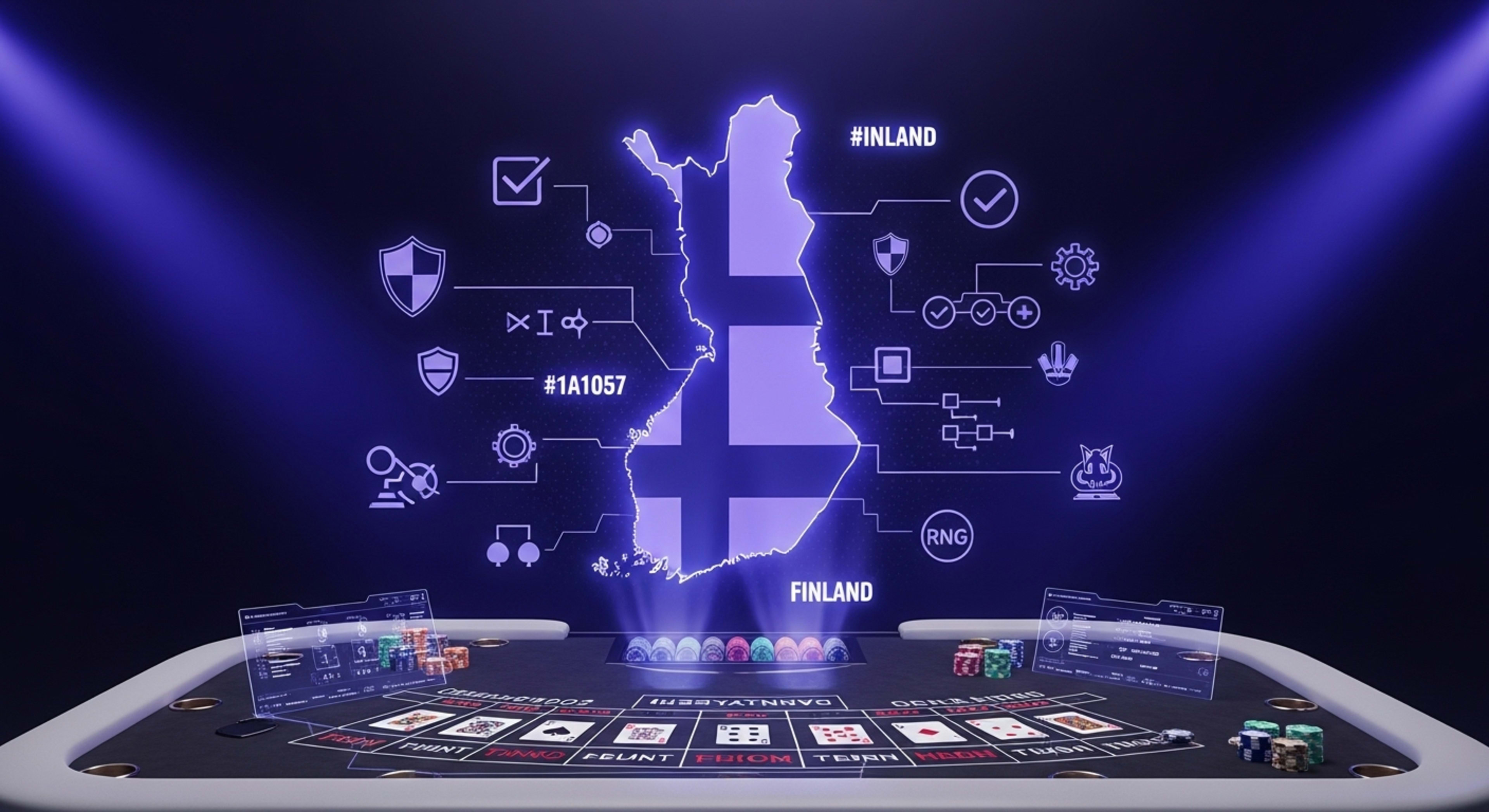Finland Advances iGaming Liberalization

Recommended casinos
Key Takeaways
- Finnish Ministry of the Interior releases draft regulations on RNG certification and information security, providing operators with essential compliance guidelines.
- Full market liberalization remains scheduled for January 2027, transitioning from Veikkaus monopoly to a competitive licensed environment.
- New rules emphasize player protection and technical standards, positioning Finland as a model for balanced European deregulation.
The Finnish Ministry of the Interior has unveiled draft regulations targeting random number generator (RNG) certification and information security protocols, marking a pivotal step in the country's long-awaited iGaming market overhaul. Published on November 25, 2025, these guidelines offer licensed operators much-needed clarity on technical requirements, ensuring fair play and data integrity as the sector prepares for full liberalization in January 2027.
Under the current Veikkaus monopoly, Finland's online gambling landscape has been tightly controlled since 1994, with state-run platforms generating approximately €1.1 billion in annual revenue. The shift toward a competitive framework, first proposed in 2023, aims to channel players away from unregulated offshore sites—estimated to capture 30-40% of the market—toward licensed domestic operators. The draft specifies that RNG systems must undergo independent third-party audits, adhering to international standards like ISO/IEC 17025, while information security measures will mandate encryption, vulnerability assessments, and breach notification within 72 hours. These provisions align with EU directives on digital services, including the Digital Services Act, to foster trust and mitigate risks such as fraud or data leaks.
This development is particularly timely amid broader European trends toward harmonized regulation. In neighboring Sweden, the Spelinspektionen has reported a 12% uptick in licensed operator revenues since 2023, attributing growth to stringent yet transparent rules. For Finland, the reforms could unlock €500 million in additional tax revenue by 2030, according to preliminary estimates from the Ministry, while creating up to 1,500 jobs in tech and compliance roles. Operators like Kindred Group and Betsson, already active in the Nordics, have welcomed the drafts, noting they reduce entry barriers without compromising safety.
Yet challenges persist. The monopoly's end will require Veikkaus to adapt, potentially spinning off its online division to compete fairly. Critics, including consumer groups, worry about a surge in problem gambling, given Finland's high per-capita participation rate of 2.5%. To counter this, the regulations incorporate mandatory self-exclusion tools, spending caps, and AI-driven risk monitoring, drawing from successful implementations in Denmark and the Netherlands.
For the global iGaming industry, Finland's blueprint underscores a growing emphasis on tech-driven compliance. As markets like Germany refine post-2021 reforms and Portugal eyes expansions, these drafts signal that liberalization succeeds when paired with robust safeguards. Operators eyeing Nordic entry must prioritize RNG accreditation now, as certification timelines could stretch 6-12 months. Ultimately, this positions Finland not as a wildcard, but as a stable hub for innovation, benefiting software providers like Evolution Gaming and payment firms such as Trustly, who stand to gain from increased transaction volumes.
In a sector projected to reach €125 billion in Europe by 2028, per H2 Gambling Capital, such measured progress reinforces that regulation can drive sustainable growth, protecting players while fueling economic contributions.








